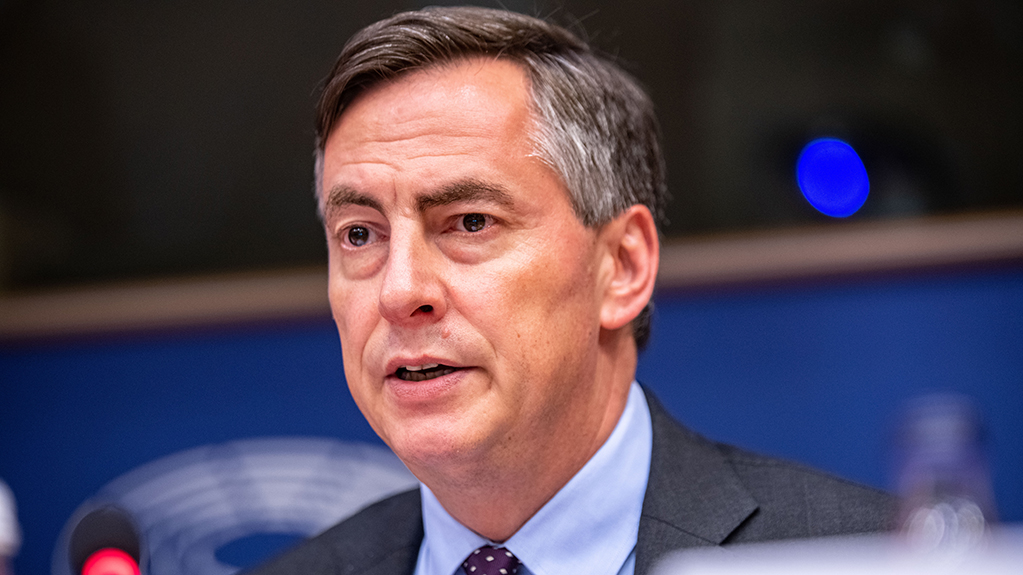The chairman of the European Parliament's Foreign Relations Committee, David McAllister; the chairman of the Delegation for Relations with the South Caucasus, Marina Kaljurand; and the permanent rapporteur on Georgian affairs, Sven Mikser, demanded a review of EU-Georgia relations, including political and financial support, due to the adoption of the Russian Law on so-called Foreign Agents.
News
The letter from the European parliamentarians states that this law will cause divisions within Georgia, further damage the country's international status, and jeopardize its European future.
“We deplore the adoption of the “foreign agent law” by the Georgian Parliament. We are greatly disappointed that the ruling majority has ignored the concerns expressed by human rights watchdogs and international partners, including the EU and the US. We urge the Georgian authorities to withdraw the law before it causes deeper rifts within Georgia and further jeopardises the country’s international standing and its European future.
We reiterate our full solidarity with the Georgian people who are defending democratic values and demonstrating for their country’s Euro-Atlantic future.
The government in Tbilisi must de-escalate immediately by refraining from any further use of force against peaceful protesters, opposition politicians, NGOs and independent media protesting against the law. Any violence or continued intimidation against the protesters is an infringement of the right to peaceful protest and therefore unacceptable.
Creating a friendly environment for civil society and media freedom is core to any democracy and a crucial requirement for EU accession.
We call on the Council and the European Commission to reconsider EU-Georgia relations, including our political and financial support to the country. We call on the Commission to provide an immediate oral assessment on how the foreign agent law will impact Georgia’s EU accession process, as already proposed by 12 Foreign Ministers,” the statement said.
On May 10, the foreign ministers of 12 EU countries sent a letter to the Vice-President of the European Commission and High Representative of the European Union for Foreign Affairs and Security, Josep Borrell, and the European Commissioner for Neighborhood Policy and Enlargement, Oliver Varhelyi. The foreign ministers of the Czech Republic, Denmark, Estonia, Finland, France, Germany, Ireland, Latvia, Lithuania, the Netherlands, Poland, and Sweden are requesting an oral assessment of how the Russian law will affect Georgia's implementation of the 9 steps.
The Parliament of Georgia finally adopted the Russian Law at the May 14 plenary session. Eighty-four deputies supported it, while 30 opposed it. In addition to Georgian Dream and People's Power, two members of European Socialists also voted in favor of the law. Representatives of the opposition call the adoption of this law a betrayal of the state and a constitutional coup. According to their assessment, all 84 MPs supporting the law pose a threat to visa-free travel to the European Union and the European integration process.
President Salome Zourabichvili stated that she will veto the Russian law. She has a two-week deadline, until May 28, to do so. Georgian Dream can overcome the President's veto.















